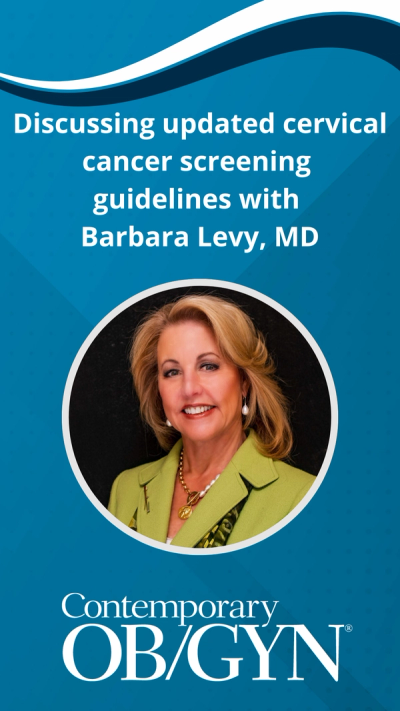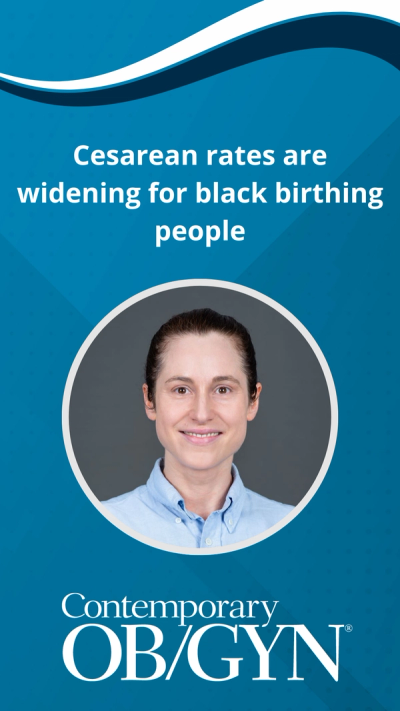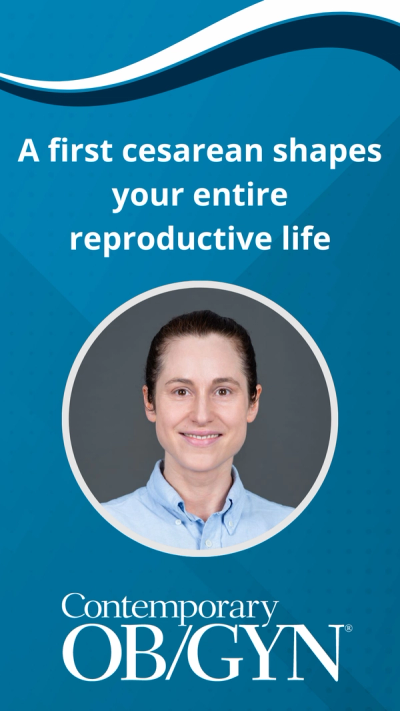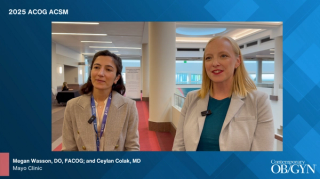
Gynecology
Latest News
Latest Videos

Shorts









Podcasts
CME Content
More News

A study found that distinct cervicovaginal microbial patterns are linked to the success of frozen embryo transfer in endometriosis patients.

A systematic review found AI-assisted ultrasound models improved diagnostic accuracy for endometriosis, with deep learning outperforming traditional methods.

Take a quick look at everything you may have missed in December, including the latest FDA updates, top stories, and expert recommendations.

Check out the 5 biggest gynecology stories of 2025, and review best practices.

Review some of the top stories from the Contemporary OB/GYN website over the past week and catch up on anything you may have missed.

The FDA has granted 510(k) clearance to the FemVue Controlled device, enabling in-office ultrasound assessment of fallopian tube status.

A study found that objective blood loss assessment detects postpartum hemorrhage more frequently than subjective visual estimation.

A meta-analysis found transabdominal cerclage was linked to lower perinatal mortality and preterm birth than transvaginal cerclage.

A study found heavy menstrual bleeding and meat-restricted diets are associated with increased rates of iron deficiency among adolescents.

A study shows acute heavy menstrual bleeding frequently requires transfusion and carries significant treatment costs.

Review some of the top stories from the Contemporary OB/GYN website over the past week and catch up on anything you may have missed.

DARE to PLAY sildenafil cream is now available for prescribing in select states as a non-hormonal topical option to improve genital blood flow and arousal.

Large US cohort finds women with uterine fibroids had more than 80% higher 10-year cardiovascular disease risk than women without fibroids.

Review some of the top stories from the Contemporary OB/GYN website over the past week and catch up on anything you may have missed.

A Delphi-based consensus process has defined standardized criteria for diagnosing primary dysmenorrhea.

A review found increased rates of endometriosis vs adenomyosis, alongside significant diagnostic variability.

An analysis found significant geographical disparities in the availability and quality of endometriosis guidelines.

A review found that most countries lack dedicated endometriosis policy frameworks, highlighting Australia and France as leading models.

Review some of the top stories from the Contemporary OB/GYN website over the past week and catch up on anything you may have missed.

A study found non-Hispanic Black women face higher odds of hypertension and metabolic risk, while obesity raises cardiovascular risk in women with PCOS.


A study found that administering prophylactic antibiotics shortly after a second degree tear lowers the risk of wound complications.

Complications from pelvic floor polypropylene mesh appear linked to host immune response rather than oxidative material degradation.

Women who undergo cesarean delivery during advanced labor face a greater risk of scarring that may increase preterm birth risk in future pregnancies.

A review highlights viscoelastic testing as a cost-saving, minimally invasive tool that could improve maternal outcomes.





















